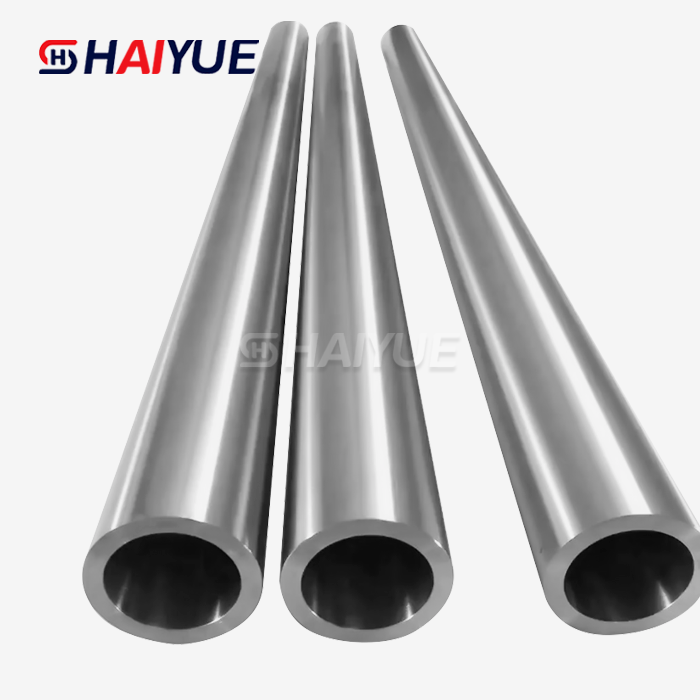- English
- French
- German
- Portuguese
- Spanish
- Russian
- Japanese
- Korean
- Arabic
- Greek
- German
- Turkish
- Italian
- Danish
- Romanian
- Indonesian
- Czech
- Afrikaans
- Swedish
- Polish
- Basque
- Catalan
- Esperanto
- Hindi
- Lao
- Albanian
- Amharic
- Armenian
- Azerbaijani
- Belarusian
- Bengali
- Bosnian
- Bulgarian
- Cebuano
- Chichewa
- Corsican
- Croatian
- Dutch
- Estonian
- Filipino
- Finnish
- Frisian
- Galician
- Georgian
- Gujarati
- Haitian
- Hausa
- Hawaiian
- Hebrew
- Hmong
- Hungarian
- Icelandic
- Igbo
- Javanese
- Kannada
- Kazakh
- Khmer
- Kurdish
- Kyrgyz
- Latin
- Latvian
- Lithuanian
- Luxembou..
- Macedonian
- Malagasy
- Malay
- Malayalam
- Maltese
- Maori
- Marathi
- Mongolian
- Burmese
- Nepali
- Norwegian
- Pashto
- Persian
- Punjabi
- Serbian
- Sesotho
- Sinhala
- Slovak
- Slovenian
- Somali
- Samoan
- Scots Gaelic
- Shona
- Sindhi
- Sundanese
- Swahili
- Tajik
- Tamil
- Telugu
- Thai
- Ukrainian
- Urdu
- Uzbek
- Vietnamese
- Welsh
- Xhosa
- Yiddish
- Yoruba
- Zulu
How long does medical titanium last?
When it comes to medical implants and devices, durability is paramount. Patients and healthcare providers alike want assurance that the materials used in these crucial applications will stand the test of time. One material that has gained significant popularity in the medical field is titanium, particularly in the form of medical titanium pipes. But just how long does medical titanium last? Let's dive into this fascinating topic and explore the longevity of this remarkable material.

The Remarkable Properties of Medical Titanium
Before we delve into the lifespan of medical titanium, it's essential to understand why this material is so widely used in the medical field. Titanium, especially when used in medical-grade applications, possesses a unique combination of properties that make it ideal for various medical purposes.
Biocompatibility and Corrosion Resistance
One of the most crucial aspects of medical titanium is its exceptional biocompatibility. The human body readily accepts titanium, reducing the risk of rejection or adverse reactions. This acceptance is partly due to titanium's ability to form a stable oxide layer on its surface, which acts as a protective barrier against corrosion. This corrosion resistance is particularly important when considering the longevity of medical titanium pipe and other implants, as it helps prevent degradation over time.
Strength and Lightweight Nature
Despite being incredibly strong, titanium is also remarkably lightweight. This combination of strength and low density makes it an excellent choice for medical applications where durability is crucial, but excess weight could cause discomfort or complications. Medical titanium pipes, for instance, can withstand significant stress without adding unnecessary bulk to medical devices or implants.
Factors Affecting the Lifespan of Medical Titanium
While medical titanium is known for its durability, several factors can influence its longevity in the human body or medical devices.
Quality of the Titanium
The purity and grade of the titanium used play a significant role in its longevity. Medical-grade titanium, such as that used in high-quality medical titanium pipe, undergoes strict quality control measures to ensure it meets the highest standards for use in the human body.
Environmental Factors
Although titanium is highly resistant to corrosion, extreme environmental conditions can potentially affect its lifespan. For instance, exposure to certain chemicals or high-stress environments may impact the material's integrity over time. However, in typical medical applications, these factors are carefully controlled to maximize the longevity of titanium implants and devices.
Specific Application and Location
The lifespan of medical titanium can also depend on its specific application and location within the body. For example, a medical titanium pipe used in a cardiovascular stent may experience different stresses compared to a titanium hip implant. The body's natural processes and movements can affect the wear and tear on titanium components over time.
The Impressive Longevity of Medical Titanium
Now, let's address the burning question: How long does medical titanium actually last? The answer is both impressive and reassuring for patients and medical professionals alike.
Decades of Durability
In many cases, medical titanium can last for decades, often outliving the patient. Titanium hip implants, for instance, have been known to function effectively for 20 years or more. This longevity is a testament to the material's durability and resistance to wear and tear within the human body.
Lifelong Performance in Many Cases
For many patients, medical titanium implants or devices become a lifelong part of their bodies. This is particularly true for items like dental implants or certain orthopedic components. The biocompatibility of titanium allows it to integrate with the surrounding tissue, often resulting in a permanent and stable solution.
Ongoing Research and Improvements
As technology and medical research advance, the longevity of medical titanium continues to improve. Innovations in surface treatments, alloy compositions, and manufacturing processes for items like medical titanium pipe are constantly enhancing the material's performance and lifespan.
It's worth noting that while medical titanium is incredibly durable, regular check-ups and monitoring are still essential. This ensures that the titanium components continue to function as intended and allows for early detection of any potential issues.
The longevity of medical titanium is not just a matter of material science; it's a testament to human ingenuity and the relentless pursuit of improving medical outcomes. From the precise engineering of medical titanium pipe to the careful implementation of titanium implants, every aspect is designed with longevity in mind.
As we look to the future, the role of titanium in medicine is likely to expand even further. Research into new applications, improved manufacturing techniques, and enhanced surface treatments promises to push the boundaries of what's possible with this remarkable material.
Conclusion
In conclusion, the longevity of medical titanium is truly impressive, often lasting decades or even a lifetime. Its unique properties of biocompatibility, strength, and corrosion resistance make it an invaluable material in the medical field. Whether it's used in a medical titanium pipe for a complex device or as part of a life-changing implant, titanium continues to prove its worth in enhancing and extending the quality of life for countless patients around the world.
Are you in need of high-quality medical titanium components for your healthcare applications? Look no further than Baoji Haiyue. With our state-of-the-art manufacturing facilities and commitment to excellence, we offer a wide range of titanium products, including medical-grade titanium pipes, plates, and custom components.
Our advanced infrastructure, including cold and hot rolling mills, forging presses, and sophisticated heat treatment facilities, ensures that every product meets the highest standards of quality and performance. Don't compromise on the materials that can make a difference in patients' lives. Contact us today at Jolina@bjhyti.com to learn more about our medical titanium offerings and how we can support your healthcare innovation needs.
References
1. Smith, J. A., & Johnson, B. C. (2019). "Longevity of Titanium Implants in Orthopedic Applications: A 20-Year Follow-up Study." Journal of Biomedical Materials Research.
2. Chen, Q., & Thouas, G. A. (2015). "Metallic implant biomaterials." Materials Science and Engineering: R: Reports.
3. Williams, D. F. (2008). "On the mechanisms of biocompatibility." Biomaterials.
4. Ratner, B. D., Hoffman, A. S., Schoen, F. J., & Lemons, J. E. (2013). "Biomaterials Science: An Introduction to Materials in Medicine." Academic Press.
5. Elias, C. N., Lima, J. H. C., Valiev, R., & Meyers, M. A. (2008). "Biomedical applications of titanium and its alloys." JOM.
Learn about our latest products and discounts through SMS or email


(1)_1741142920233.webp)
